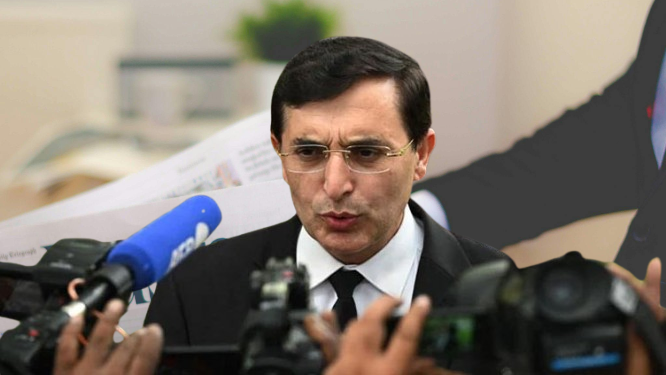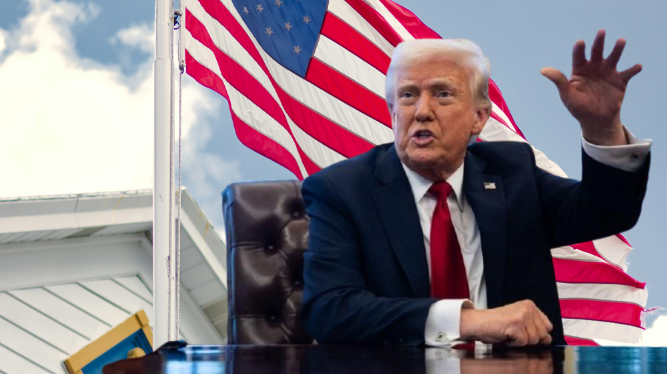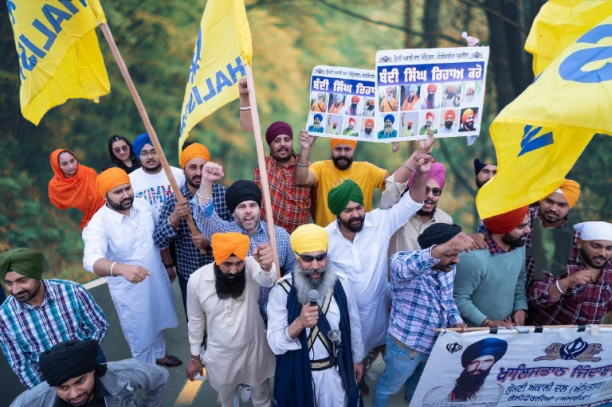Final approval of the mines and minerals bill is contingent on Imran Khan’s approval
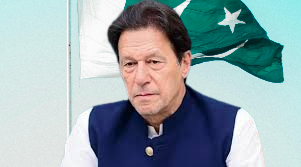
KP Assembly discusses the bill as CM Gandapur outlines its main points.
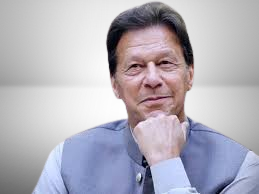
:The political committee of PTI recently held a meeting to discuss the bill.
: Several provisions of the proposed legislation are being labeled as controversial.
:The approval of the bill is expected to fully align with Imran Khan’s agenda.
: Various factions within the Pakistan Tehreek-e-Insaf (PTI) are creating a stir regarding the Khyber Pakhtunkhwa Mines and Minerals Bill 2025, which is believed to have the endorsement of party founder Imran Khan.
Key clauses of the proposed legislation are under scrutiny for their implications on provincial autonomy, transparency, and investor
However, the provincial government argues that the bill serves the greater interests of Khyber Pakhtunkhwa, according to a report from The News on Saturday. Currently being discussed in the KP Assembly, Chief Minister Ali Amin Gandapur has offered comprehensive clarifications regarding the bill’s main points.
Additionally, a detailed meeting of PTI’s political committee addressed the bill. The committee reviewed all features of the legislation and reached a unanimous decision that no provisions would transfer provincial autonomy, rights, or mineral resources to the federal government, the Special Investment Facilitation Council (SIFC), or any other federal entity.
On Friday, the PTI political committee also resolved that the Khyber Pakhtunkhwa Mines and Minerals Bill would only be passed after thorough consultations and with formal approval from Imran Khan.
Discussions with other parliamentary parties will persist leading up to the bill’s approval, ensuring alignment with Imran Khan’s agenda, manifesto, narrative, and public expectations.
There will be no rush in its approval process. Critics have pointed out that a significant point of contention lies in Section 6(i), which requires the provincial licensing authority to implement recommendations from the Mineral Investment Facilitation Authority (MIFA) and the federal mineral wing.
This provision has raised alarms as it appears to assign authority over provincial matters—previously under provincial jurisdiction after the 18th Constitutional Amendment—to federal institutions managed by the Ministry of Energy. Concerns have also emerged about proposed structural changes to MIFA.
The current Khyber Pakhtunkhwa Mines and Minerals Act of 2017 allows for a seven-member authority led by the provincial minerals minister, while the new bill proposes an expansion to 14 members, including five provincial ministers.
Section 19(3) permits the chairperson to appoint additional members to the authority, raising fears of potential political interference and compromising decision-making transparency.
The KP government contends that the bill does not make Federal Mineral Wing recommendations obligatory for the Mineral Title Committee (MTC). Instead, it states that the MTC will “consider” these recommendations, but their implementation will not be compulsory.
The aim of expanding MIFA to include 14 members is to ensure the provincial cabinet takes ownership of decisions impacting mineral resources. Under the previous 2017 law, MIFA was chaired solely by the minerals minister, with other members being bureaucrats.
The new structure aims to balance power between bureaucratic oversight and cabinet authority. Members appointed by the chairperson would not have voting rights, serving only to offer expert opinions without influence on decisions.
The government has clarified that MIFA, established through the 2017 legislation, provides strategic guidance and policy recommendations while retaining regulatory authority for the licensing authority. MIFA is responsible for determining royalties, fees, and mineral agreements, and the issuing of temporary permits for significant infrastructure projects.
A further concern for PTI members pertains to Section 2(kk), which stipulates that large-scale mining projects (investments over Rs500 million) must occur through joint ventures with government-owned companies. Industry stakeholders argue this requirement could stifle private sector growth and deter foreign investment due to unspecified partnership terms.
According to the Khyber Pakhtunkhwa government, large mining enterprises will now secure leases via profit-sharing arrangements with the new government-owned “KP Mining Company.”
The bill also raises questions about the treatment of rare and strategic minerals, authorizing the government or the federal mineral wing to define and declare “strategic” minerals, which may centralize control over valuable resources.
The KP government clarifies that only the provincial government will designate strategic minerals, with the federal mineral wing limited to a consultative role. This clause has been adjusted in comparison to Balochistan’s law to favor provincial interests.
Further scrutiny surrounds Sections 19(f), (g), (h), (i), and (k), which assign advisory powers to the federal mineral wing regarding matters of pricing, eligibility criteria for titleholders, model agreements, and cadaster systems. Some fear these powers could facilitate a shift of authority from the province to the federal level.
The KP government has assured that while these advisory roles were previously intended to be mandatory, they are now reduced to recommendations and are not binding.
It argues that this bill is designed to encourage investment, modernize mining governance, and ensure local communities benefit from resource development. PTI Information Secretary Sheikh Waqas Akram noted that during the committee meeting, Chief Minister Ali Amin Gandapur provided a detailed briefing on the bill.
The spokesperson confirmed that the proposed legislation is under discussion in the KP Assembly but will only be approved following Imran Khan’s formal consent and alignment with his agenda, manifesto, narrative, and public expectations.
He stated that Khan had instructed that those who meet him must not disclose meeting details or instructions to the media. They are required to submit written accounts of his instructions to the central secretary for information, the sole authority permitted to release such statements.
Additionally, he emphasized that the party founder has strictly prohibited PTI officials from making public statements against each other, warning that violators would face show-cause notices and possible removal from their positions.



